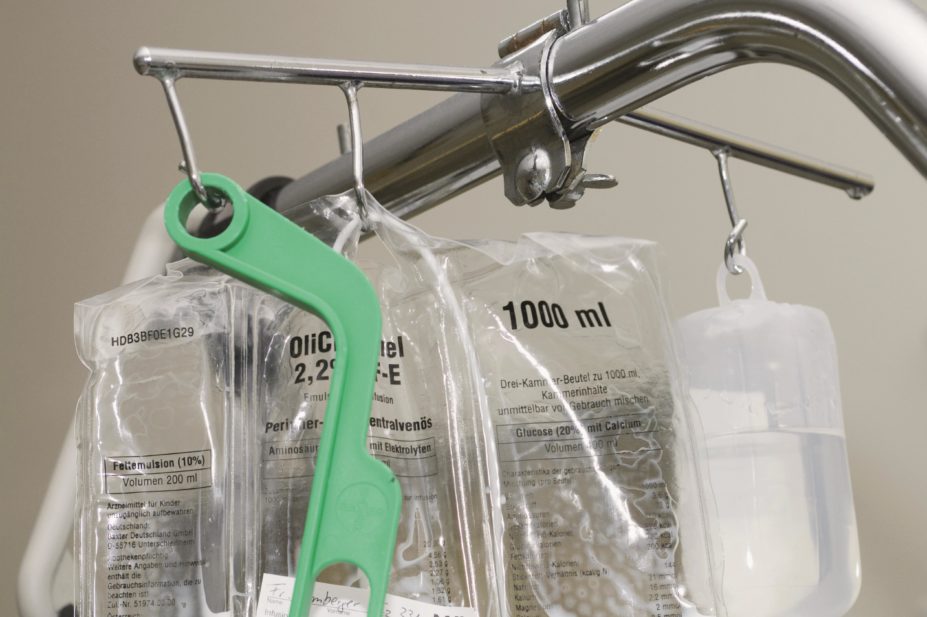
Medicimage / UIG / Rex Features
Hospital pharmacists are calling on drug manufacturers to include more accurate shelf life limits on compounded parenteral products such as those used for chemotherapy or palliative care pain relief.
Drug manufacturers will often stipulate an arbitrary 24-hour limit on the shelf life of a final product even though it could still be safe and stable to use days or even a week later.
Pharmacists say they are regularly carrying out their own investigations to find up-to-date evidence on particular products or are going back to the manufacturer for the latest research to support their decision to prolong the shelf life of products.
Peter Leslie, external/technical services liaison officer at the Princess Alexandra Hospital NHS Trust in Harlow, Essex, says the issue is a UK-wide problem and that securing an extended shelf life can have significant implications for patients.
“I now have a 27-hour shelf life for one product which means I can make the product up the night before and it is ready in the unit for when the patient arrives,” says Leslie, who is also chairman of the Guild of Healthcare Pharmacists (GHP) terms and conditions committee.
Short shelf lives can lead to increased wastage because products are not infused on time. In cases where the hospital does not have a compound unit to make the drug, patients may have to transfer to another unit for treatment, according to Leslie.
“What we are asking for is for better indications of shelf life in the summary of product characteristics rather than just an arbitrary 24-hour limit,” he says. “The limit is often put in automatically by the drug companies because when you do your own research you find that the product is perfectly stable and could last days and sometimes actually a week.”
Leslie’s comments mirror the response he made on behalf of the GHP to a Europe-wide survey on the shelf life of reconstituted or compounded parenteral products carried out by the European Association of Hospital Pharmacists (EAHP).
The GHP claims the shelf life restriction is often based on advice from the Committee for Medicinal Products for Human Use (CHMP) at the European Medicines Agency (EMA) and is “not based on actual degradation”.
It wants future summaries of product characteristics to include details of extended stability studies, a better explanation of how the shelf life limit is arrived at, including references to relevant published research. Additional information on the degradation of products and their toxicity would also be useful, the GHP says.


